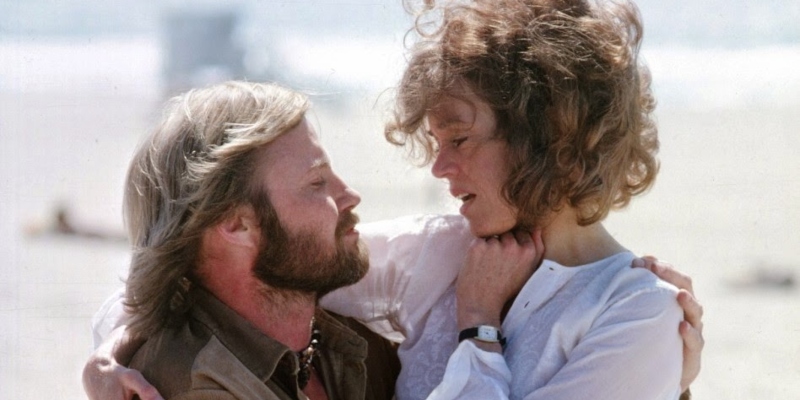
On Hal Ashby’s Progressive Portrayal of Disability in Coming Home
Chloe Cooper Jones in Conversation with Mychal Denzel Smith on the Open Form Podcast
Welcome to Open Form, a weekly film podcast hosted by award-winning writer Mychal Denzel Smith. Each week, a different author chooses a movie: a movie they love, a movie they hate, a movie they hate to love. Something nostalgic from their childhood. A brand-new obsession. Something they’ve been dying to talk about for ages and their friends are constantly annoyed by them bringing it up.
*
In this episode of Open Form, Mychal talks to Chloe Cooper Jones (Easy Beauty) about the 1978 film Coming Home, directed by Hal Ashby and starring Jane Fonda, Jon Voight, and Bruce Dern.
Subscribe and download the episode, wherever you get your podcasts!
From the episode:
Chloé Cooper Jones: One thing that’s really valuable to me is that disability, or the body itself changing because of war—obviously that’s a really important part of the film, but disability is never the villain. Which I think is important because a lot of times when there’s a disabled character, there’s a narrative—especially a narrative in which an able-bodied person becomes disabled, which is most of the time that’s the narrative. It’s like, “I was a real normal person and then something happened, and now I have to overcome my body, I have to overcome disability.” But that’s not at all what Coming Home is focused on.
None of the characters are villains, there’s no bad guy. The only thing that is being fought against is ideology, the kind of ideology that would lead young men like Luke, who Jon Voight plays—he has this great speech to high school students at the end of the film that’s fighting this ideology of thinking that war is noble or that the desire to go into into Vietnam could ever be seen as anything other than tragic and wrongheaded and leading to great suffering of all types. I think that’s a really crucial thing of the film. When I saw it for the first time, I was really worried that we would get some sort of narrative of “John Voight overcoming his body.” And that’s not what the story is at all.
I think Hal Ashby was really careful. I was paying attention when I was rewatching it recently in order to talk to you about it, and I was really focused on how bodies were represented in the film. Every time you see a disabled character, they’re always immersed in a community or in life. They’re playing sports together, they’re talking and playing cards together, they’re drinking together, they’re complaining together. You always see these bodies in a context in which their lives are very full. Not all good things, but a lot of very human things are happening. There’s no lingering shots of people being so sad about having a changed body. That’s such a powerfully important and really progressive way of thinking about disability that feels super intentional from the director’s point of view.
________________________
Chloé Cooper Jones is the author of Easy Beauty. She was awarded a 2020 Whiting Nonfiction Grant and was a finalist for the 2020 Pulitzer Prize in Feature Writing. She lives in Brooklyn, New York.
Open Form
A podcast about movies, hosted by award-winning author Mychal Denzel Smith. Each week, a different author chooses a movie: a movie they love, a movie they hate, a movie they hate to love.



















